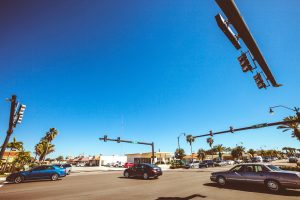Millions of residents, vacationers, and business visitors in Florida rely on ridesharing services like Uber. The company itself reports contributing $1.1 billion in gross state product to Florida’s economy – and that doesn’t even include the UbeEATS branch of the business. But those who rely on Uber and other rideshare services should understand how the state’s new comparative fault standard may impact their Palm Beach personal injury claims.
Let’s start by explaining what comparative fault is, and how it’s changed in Florida in the last year.
Comparative fault in principle is the idea that everyone should be responsible for his or her own wrongdoing. So if you’re injured in a car accident caused by a drunk driver but your injuries were exacerbated by the fact that you were speeding, the drunk driver would not necessarily be 100% liable to pay for your damages. A finding of comparative fault proportionally reduces damage awards to whatever extent the plaintiff is responsible for their own injuries. So if there is a finding of 20% comparative fault due to your speeding, you can only collect up to 80% of your total damage awards.
Different states have different rules about how comparative fault is applied. Prior to last year, Florida followed a pure comparative fault model. That means that even if you were 99% at fault for your own injuries, you could still collect the remaining 1% of damages from the other at-fault party. Obviously that wouldn’t be an ideal scenario, as it would dramatically reduce your damage award. But the idea with a pure comparative fault model is that a person who is 45% responsible for causing an accident shouldn’t be off the hook completely simply because the person hurt was 55% responsible. Continue reading
 South Florida Injury Lawyer Blog
South Florida Injury Lawyer Blog

















